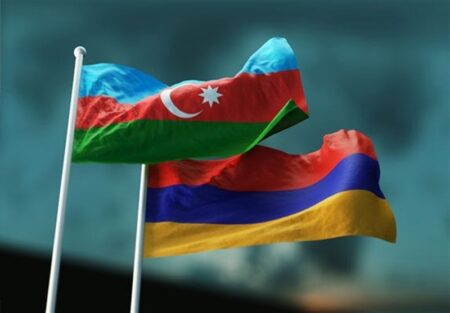Unite Nations Security Council (UNSC) – a high table where India has managed to secure a legitimate seat as one of the non-permanent members and has acquired the presidency for one month. And will look forward to making decisions on provisional agendas and preside over the meetings.
UNSC and its presidency
The United Nations Security Council is (UNSC) is one of the six principal organs of the United Nations (UN).
It ensures international peace and security, recommending the admission of new UN members to the General Assembly and approving the changes to the UN charter.
Its powers include establishing peacekeeping operations, enacting international sanctions and authorizing military action. The UNSC is the only UN with authority to issue binding resolutions on member states.
UNSC consist of 15 members in total, out of which five are permanent members; China, France, the USA, Russia and UK. These members enjoy veto power over any substantive resolution and other important decisions.
At the same time, the rest of the ten members are non-permanent members elected to the council on a regional basis to serve a term of two years and don’t enjoy the power of veto.
The body presidency rotates monthly among these 15 members in alphabetical order, and hence India will be attaining the presidency twice throughout its full term.
Powers under UNSC presidency
The UNSC Handbook says that the president is “responsible for the conduct of the Security Council meetings and represents it in relations with other organs of the UN and with member states.
Thus, as the president, India will get to decide the provisional agenda of the month and can call meetings when it deems it necessary.”
Indian UN Ambassador TS Tirumurti made it clear that India will have a severe agenda on several pressing global issues that require an immediate lookout.
The focus area includes; session on ‘maritime security, which will be presided by PM Narendra Modi (making him the first PM to preside over an open debate).
External affairs minister Dr S Jaishankar will preside over the open ministerial-level debate on ‘technology and peacekeeping’ and ‘counter-terrorism’. Apart from these primary issues, India also plans to adopt important resolutions on Somalia, Mali, & UN Interim Force in Lebanon.
Challenges to tackle
With position comes excellent responsibilities and even more significant challenges. One of the crucial challenges is the vigorous assertion of China on the global stage.
It tries challenging the international rules by heading at most minuscule six vital UN organizations and frequently tries to raise the bilateral issue of India’s Kashmir under the pretext of supporting its close friend Pakistan.
India needs to uphold the rule-based world order with due respect to human rights, ensuring the national interest of every nation.
It becomes a challenge when there is a deteriorating relationship between significant powers like; US and Russia, the US and Iran, the US and China etc.
The current situation of the covid-19 pandemic, which has put the global economy in recession with some underdeveloped countries facing extreme health situations and poverty, will surely make the whole decision-making process more complex.
Hope for veto power?
The unilateral and multilateral interventions without UNSC sanctions continue to happen.
UN hesitancy and alleged delay in declaring coronavirus as a pandemic and diluting global response to the most major security challenge are the most significant events of arm twisting by the permanent members.
Their non-willingness to share their veto immunity with others has led to the poor credibility of the UN/UNSC in the absence of reforms.
With an emerging focus towards the Indo pacific region and India emerging as one the most significant global powers, time and again, India has pushed in favour of an urgent need of reforms in the UN with some like-minded countries.
Permanent membership to some growing powers like- India, Brazil, South Africa etc., will give a boost towards equality and proper decision making. It’s high time the world understands this.
UN reforms will take some time for implementation; until then, India needs to seize its current position to continue its work with great success and impartiality. And keep a high stand for pushing up its demand for a permanent member seat in future.













